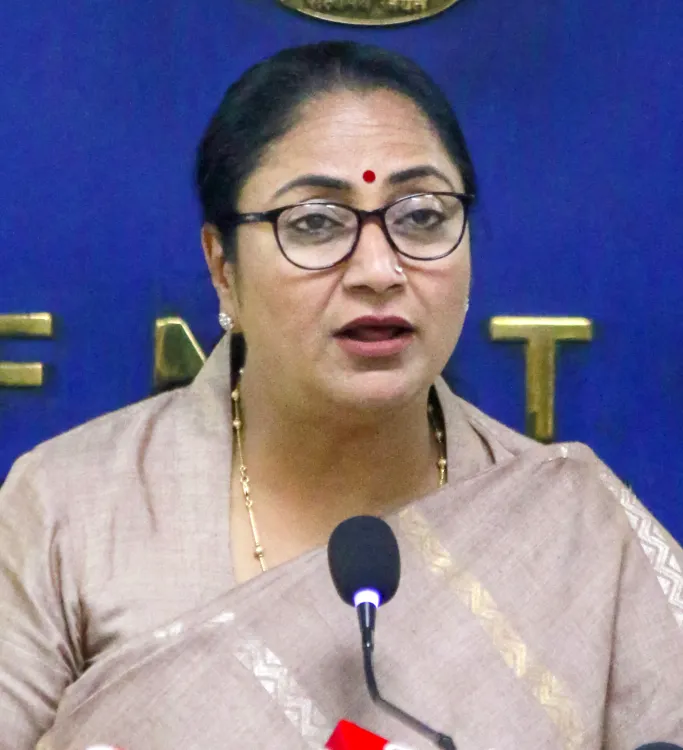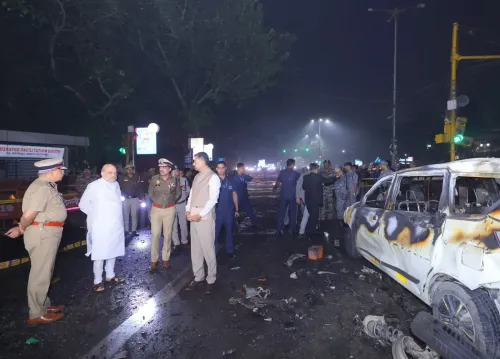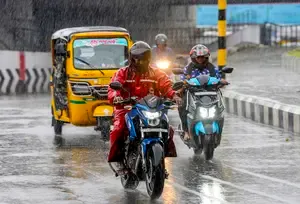Delhi CM: How is the 5-fold Increase in Solar Power Incentives Changing the Game?

Synopsis
Key Takeaways
- The incentive for solar power installations in Delhi has increased five-fold.
- Residents can now receive up to Rs 78,000 for systems generating up to 3 KW.
- Delhi aims to utilize public buildings for green energy generation.
- The government plans to introduce 2,080 electric buses this year.
- Efforts are underway to develop a comprehensive EV policy.
New Delhi, May 12 (NationPress) The government of Delhi has significantly increased the financial incentive for homeowners looking to install solar power units, raising it to five times the previous amount. Residents can now receive up to Rs 78,000 for systems that produce up to 3 KW, announced Chief Minister Rekha Gupta on Monday.
During the foundation stone laying event for a 500 KV Solar Energy Plant at the Delhi Legislative Assembly, CM Gupta emphasized, “Our focus is on embracing clean energy, and we aim to leverage every public building for generating green energy.”
She lauded Prime Minister Narendra Modi for the 'Surya Ghar Yojana', which has made incentives for residential solar generation even more appealing.
With peak energy demand in the city reaching approximately 8,000 MW, she urged citizens to participate in the solar revolution to help propel the city towards 'Viksit Delhi, Viksit Bharat'.
The Delhi government is providing incentives for residential buildings to adopt solar energy, encouraging residents to contribute to the nation while the armed forces protect the country.
Moreover, the CM revealed that the government has allocated Rs 100 crore to eliminate overhead high-tension wires in the city.
In addressing vehicular pollution, she stated, “We will introduce an EV policy to incentivize and promote the use of pollution-free vehicles among private owners.”
The recent launch of new green mid-sized Delhi Electric Vehicle Interconnector (DEVI) buses marks a crucial advancement in the public transport sector, tackling pollution and enhancing last-mile connectivity for Metro users.
The government plans to introduce 2,080 electric buses this year, she noted.
The Chief Minister announced a budget allocation of Rs 9,000 crore to accelerate EV adoption, promising improvements in charging infrastructure and facilities at bus depots.
She also commended Assembly Speaker Vijender Gupta for his initiatives in making legislative processes more environmentally friendly by going paperless.
The new solar power installation at the Assembly is anticipated to achieve zero electricity costs, yielding savings of around Rs 15 lakh monthly, thus making it the nation’s first fully solar-powered legislative building.









